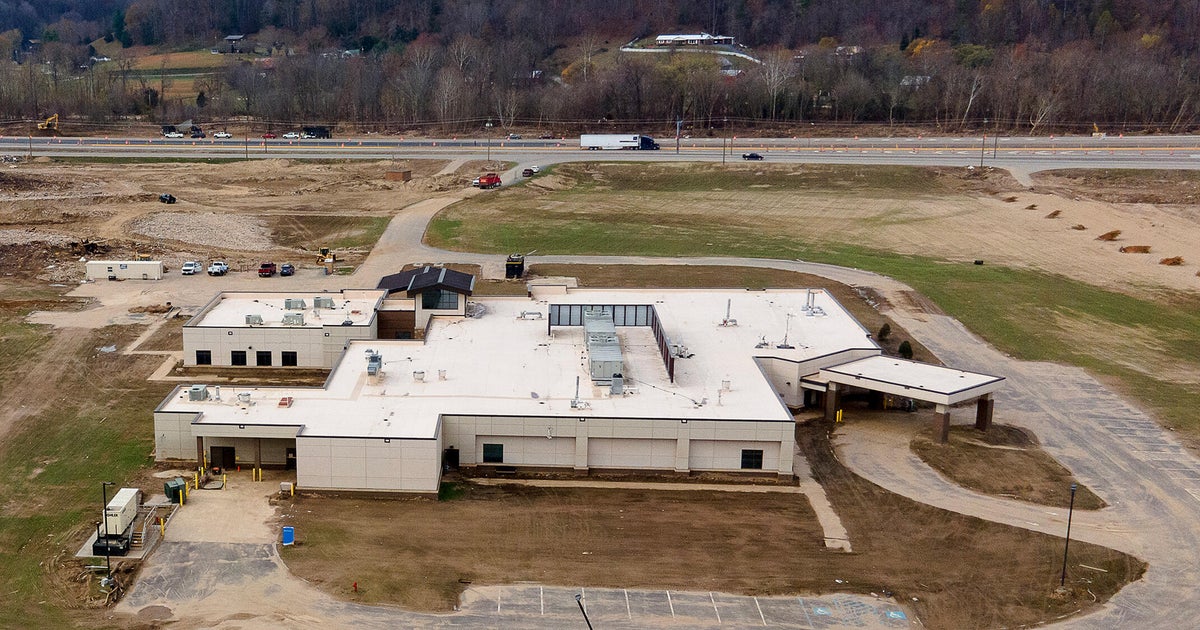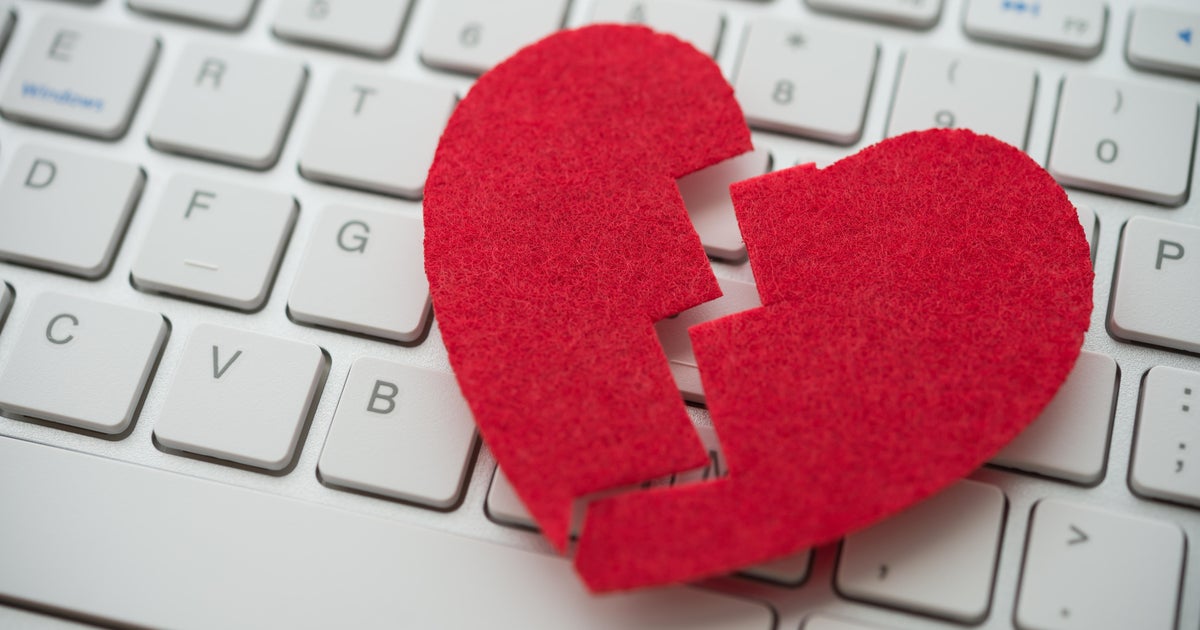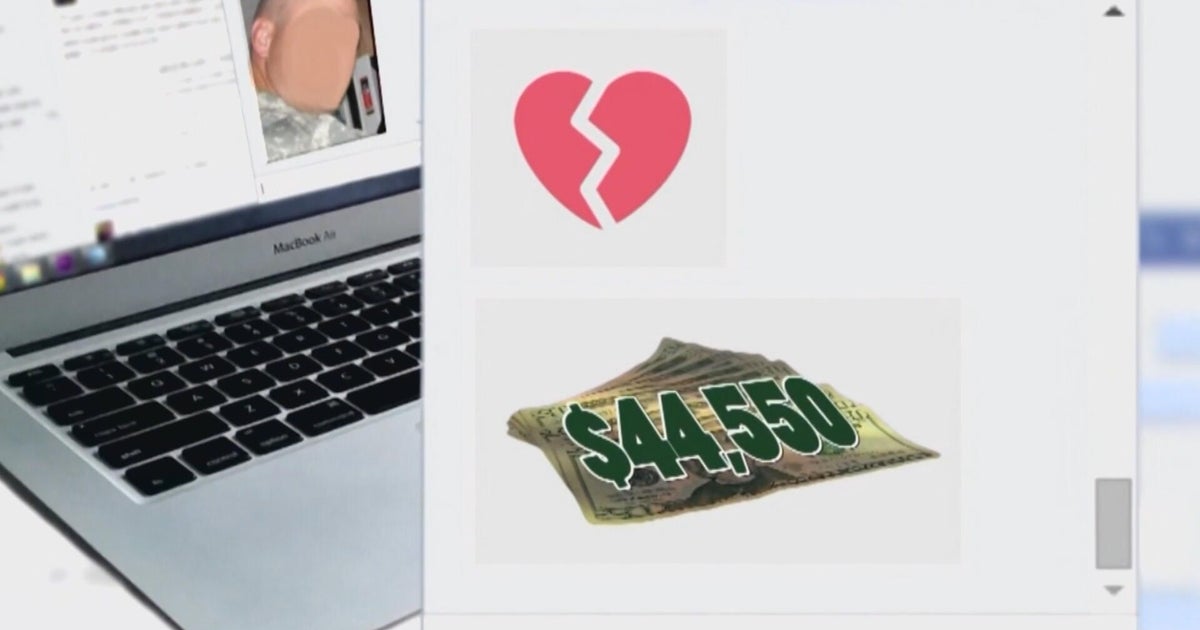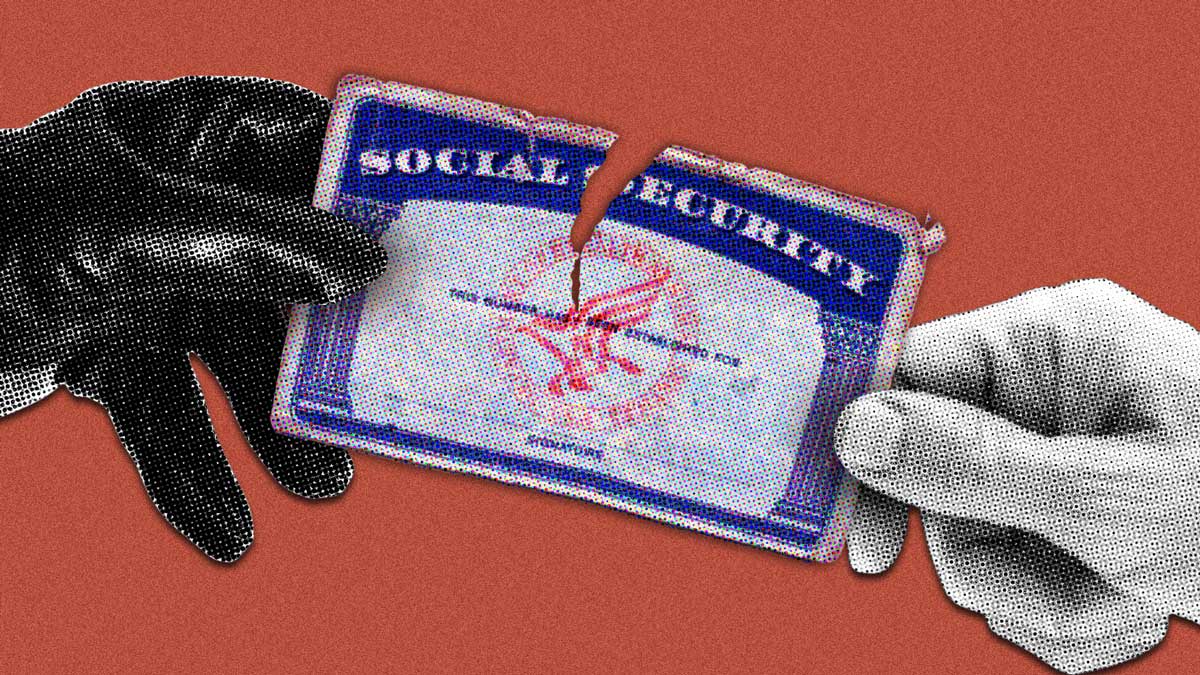Crooks create second wave of hurricane devastation
Hurricane Florence isn't done with North and South Carolina yet. As flood waters ebb from devastated areas, another wave of destruction will be sweeping in. However, this time the damage will be caused by con artists hell-bent on taking advantage of victims trying to rebuild and by ripping off the well-meaning donors hoping to help them.
"We know from experience that financial predators are lurking like snakes in the water to seek profit from the misfortune of others," said Joseph P. Borg, president of the North American Securities Administrators Association (NASAA) and director of the Alabama Securities Commission, in a consumer warning.
Typically, crooks focus on four things in the aftermath of a natural disaster -- conning donors into contributing to fake charities, price-gouging those who attempt to rebuild, ripping off residents with fake insurance and "grant" schemes, and stealing the identities of vulnerable consumers.
"People are going to try to take advantage, and we probably won't hear about it until after the damage is done," said Adam Garber, consumer watchdog at U.S. Public Interest Research Group, which put out a hurricane help resource guide. "We're hoping that if consumers are forewarned, they'll be better prepared to protect themselves."
What do you need to watch for?
Identity theft
If past disasters provide any guide, bogus insurance inspectors and FEMA agents will be combing the cities affected by the storm over the coming weeks aiming to get personal information to perpetrate identity theft. Real FEMA agents and insurance inspectors will also be on the scene, of course, which is why the imposters can get away with conning otherwise savvy consumers into giving up private information, such as their Social Security numbers.
Ask anyone who approaches you to provide identification that verifies they're a legitimate FEMA representative or with your insurance company, Garber suggests. Don't give out any personal information unless you're certain.
Also, consider freezing your credit report. This stops anyone -- including you -- from applying for new credit in your name. However, you can easily unfreeze your report with a PIN number. Although some credit bureaus currently charge between $3 and $10 to freeze your credit, starting Sept. 21, freezes will be free for all consumers. If you've been a victim of fraud, credit freezes are already free.
Charity scams
Appeals to help individuals and charities in the hurricane-affected areas have already begun. Although real relief organizations are facing increased need, fake charities that use sound-alike names -- and sketchy GoFundMe pages -- are likely to spring up to siphon off donor funds.
"The charity scams start the quickest because they're the easiest to get up and running," said Garber.
The best advice is to hang up on unsolicited charity appeals and simply give to organizations you already know. Many national groups, such as the Red Cross, Salvation Army and Catholic Charities, have representatives on the ground, well-versed in how to provide aid in the midst of natural disasters. Local churches, food banks and shelters are also good choices for people who have an existing relationship with the local group.
PayPal launched a disaster relief campaign on Wednesday, with its giving fund selecting a handful of charities that provide support to affected areas as recipients of aid. The campaign promises to cover processing costs, sending 100 percent of donations to these charities, which include UNICEF and Americares.
Robocalls
Although hurricane-related robocalling scams have yet to ramp up -- possibly because so many people in the affected areas still have no power and phones -- experts expect consumers in the affected areas to be inundated with calls promising government grants and flood insurance. Don't provide payment for "processing" your grant application nor any personal information to these callers. They're certain to be fakes looking to hit your credit card or checking account before they disappear.
If you want to know what real government aid is available, connect to FEMA's disaster assistance site. Know, too, that flood insurance is generally offered through the federal government. You can file a flood insurance claim and learn more about flood insurance at FloodSmart.gov.
Price gouging/bogus contractors
People who fled from Hurricane Florence have already logged hundreds of price-gouging complaints, according to the North Carolina attorney general's office. The state's price-gouging law, triggered by the emergency declaration, subjects retailers to steep fines if they overcharge for necessary goods and services.
However, what may be the bigger risk is solicitations to rebuild from unlicensed contractors and scam artists. Before hiring anyone to do work, check with your state contractor's license board. North Carolina's reminds consumers that any project worth $30,000 or more requires a licensed contractor. Ask for a license number and a written contract, the agency suggests in a warning to hurricane victims.
"Natural disasters bring out the best and the worst in people," said NASAA's Borg. While good-hearted citizens have leaped to the aid of disaster victims, con artists are also gearing up for action -- and the crooks will linger far longer than the flood waters.



